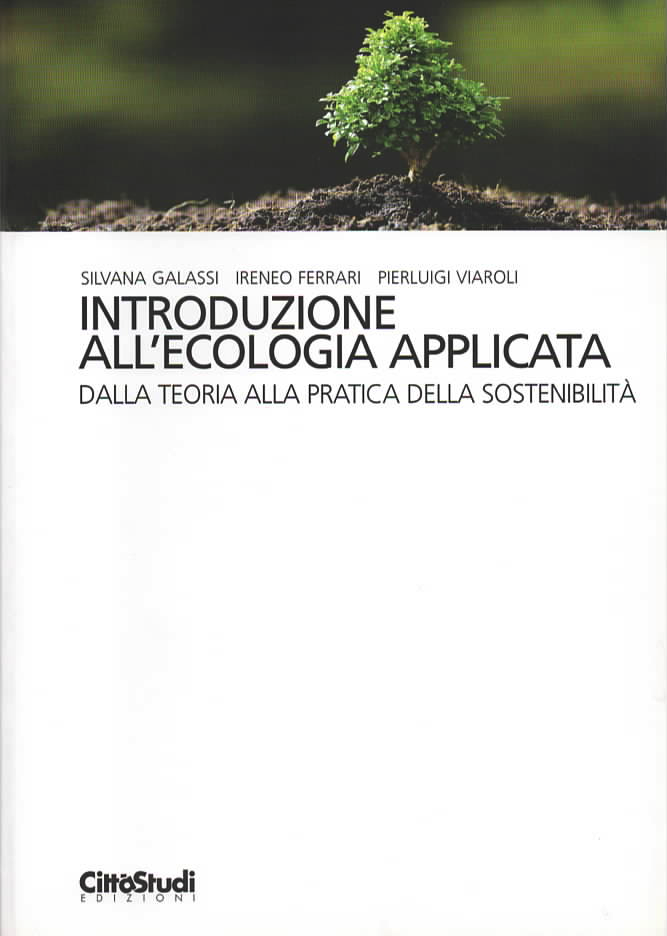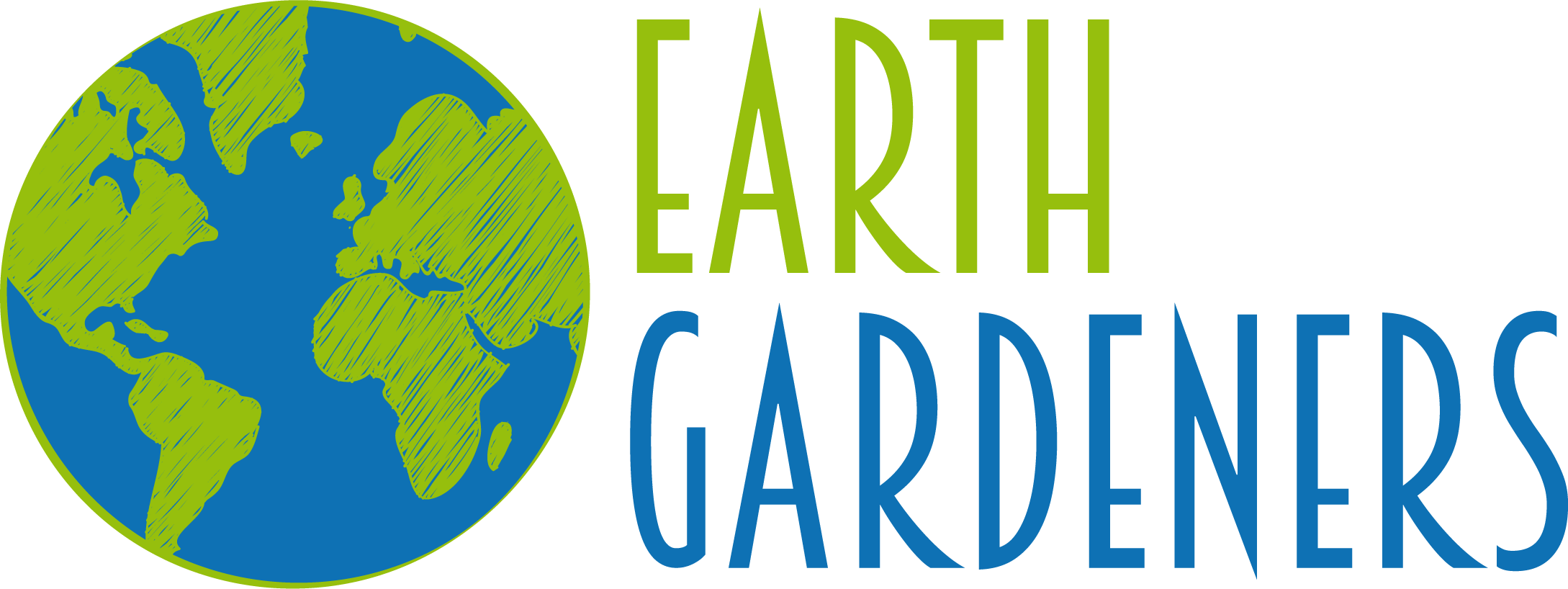
In recent years climate change has caused a right alarm across the planet. But the alarm has not induced significant changes in the behaviour of most of the individuals of our species: we are used to this way of consuming, producing and living and, since we do not want to move from what seems to us now a habit, we tend to look among the actions that have caused so many disasters those small elements that may make them appear “green”. A bottle that contains water advertises the fact that it has been partly produced with recycled plastic, pretending not to know that the very existence of bottled water and therefore of the bottle itself is unjustified, since in all homes there are at least 3 taps that deliver drinking water.
Words like ecology, habitat, environment are continually referred to as good luck charms and very often wrongly, as if they were synonymous. That’s why we highly recommend this book. Written by three people who have dedicated their lives to the study of ecosystems and scientific dissemination, this book presents very simple explanations and encourages food for thought for anyone who wants to finally understand what is inside the word ECOLOGY. The rigour of science scholars is combined with the intent to make clear and understandable concepts that should be widespread knowledge.

Year: 2014 | ISBN:9788825173925 | Pages:288
“Introduzione all’ecologia applicata” (Introduction to applied ecology) deals with the study of ecosystem processes and functions as basic references both to those who want to deepen these complex issues and to those who, like local administrators, have the task of managing environmental resources. The volume opens by talking about the “perception of environmental problems in society” and continues by exposing the foundations of ecological systems according to a biogeochemical approach; then it continues with an analysis of the most common types of anthropogenic impact on the ecological state of the atmosphere, soils and of aquatic environments and concludes by addressing a critical evaluation of the best known environmental prevention and reconstruction strategies.
The volume is accompanied by in-depth information sheets and online materials, which allow a specialist study on the issues in question. The manual can also be useful support for professionals involved in socio-environmental issues and education projects for sustainable development.



